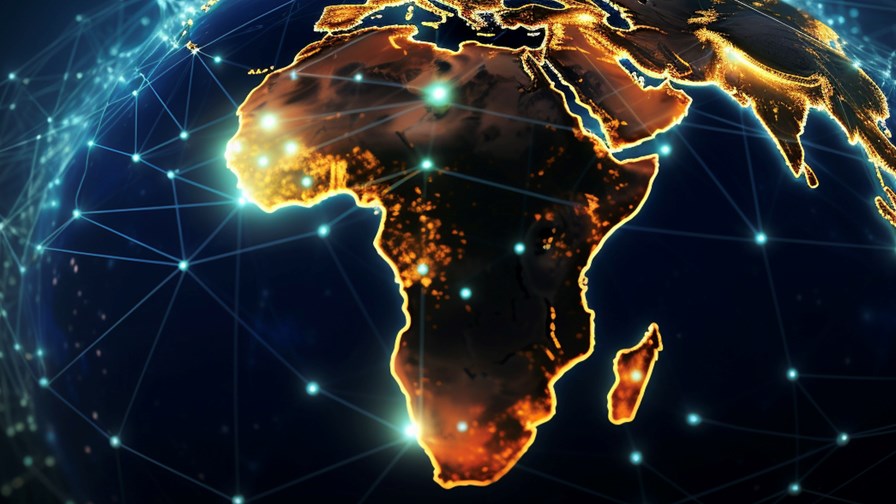
- AI has the potential to boost the African economy by almost $3tn by the end of the decade, according to a new report from the GSMA
- More than 90 AI use cases that have the potential to reshape agriculture, climate action and energy have been identified by the industry body
- However, there are unique infrastructure challenges to AI adoption in the continent
- Mobile-enabled edge computing is key to overcoming some of the hurdles, according to the association
AI could give the African economy wings, with emerging applications set to boost the continent’s economy by as much as $2.9tn by 2030, according to a new report released by the GSMA, though the industry body highlights significant hurdles that need to be overcome for the full potential of AI to be realised across the continent.
In its ‘AI for Africa: Use cases delivering impact’ report, the industry association noted that while Africa accounts for a mere 2.5% of the global AI market value today – $400bn from a global total of $16.5tn – the technology has the potential to have a significant impact across Africa during the rest of this decade and transform several sectors.
In the report, the organisation identified more than 90 AI use case applications in the “front-running technology markets” of Kenya, Nigeria and South Africa that could drive socio-economic and climate change. A large number of AI use case applications have been identified for the agriculture sector (49%), followed by climate action activities (29%) and the energy sector (24%).
Almost all use cases fall under predictive AI applications that use machine learning (ML) approaches because of “the availability of historical datasets, ease of application and lower computation requirements compared with generative AI models,” the association noted.
However, the report highlighted that there are several “critical barriers” to the potential deployment of AI applications in Africa, including “the limited availability of datacentres and expensive technology investments”.
“By addressing digital skills gaps and increasing the availability of smartphones, mobile-based AI solutions may offer a practical way to circumvent current limitations and tap into AI’s full potential across the continent,” the association explained.
There is also a lack of representative local-language data that can train AI models effectively. “Despite efforts by governments and the private sector, high-quality, locally relevant data remains very limited or hard to access, hindering AI development and scaling,” the report pointed out.
And as AI development requires significant infrastructure and computing power capabilities, it puts additional energy demands on datacentres, meaning higher hardware and software investments will be required. “Africa already faces a shortage of datacentres and in countries such as South Africa and Kenya, the cost of a graphics processing unit (GPU) is prohibitively high, representing 22% and 75% of GDP [gross domestic product] per capita, respectively – making it significantly more expensive than in high-income countries,” the report stressed.
The organisation, which focuses on the interests of mobile network operators globally, recommends that countries leverage “mobile-first markets to develop distributed or hyperlocal edge computing, where tasks occur on devices including phones and laptops, thereby reducing reliance on high-powered datacentres.”
It also suggests that once foundational models have been trained on large datasets, AI models can be transferred to smartphones for fine-tuning. “With smartphone penetration at 51% and expected to reach 88% by 2030, mobile-based edge computing will be central to expanding the proliferation and capabilities of AI in Africa”, the GSMA stated.
“To ensure Africa doesn’t get left behind, strong partnerships are required across a broad ecosystem of partners, including big tech, NGOs [non-governmental organisations], governments, and mobile operators. Policies must also evolve to address inequality, ethics and human rights concerns in AI deployment. As African countries shape their own unique AI strategies, active engagement in global forums will be pivotal in defining regulatory frameworks that promote ethical AI development and safeguard societal interests, moving toward sustainable solutions that benefit all African communities”, commented Max Cuvellier Giacomelli, head of Mobile for Development at the GSMA.
- Yanitsa Boyadzhieva, Deputy Editor, TelecomTV
Email Newsletters
Sign up to receive TelecomTV's top news and videos, plus exclusive subscriber-only content direct to your inbox.




